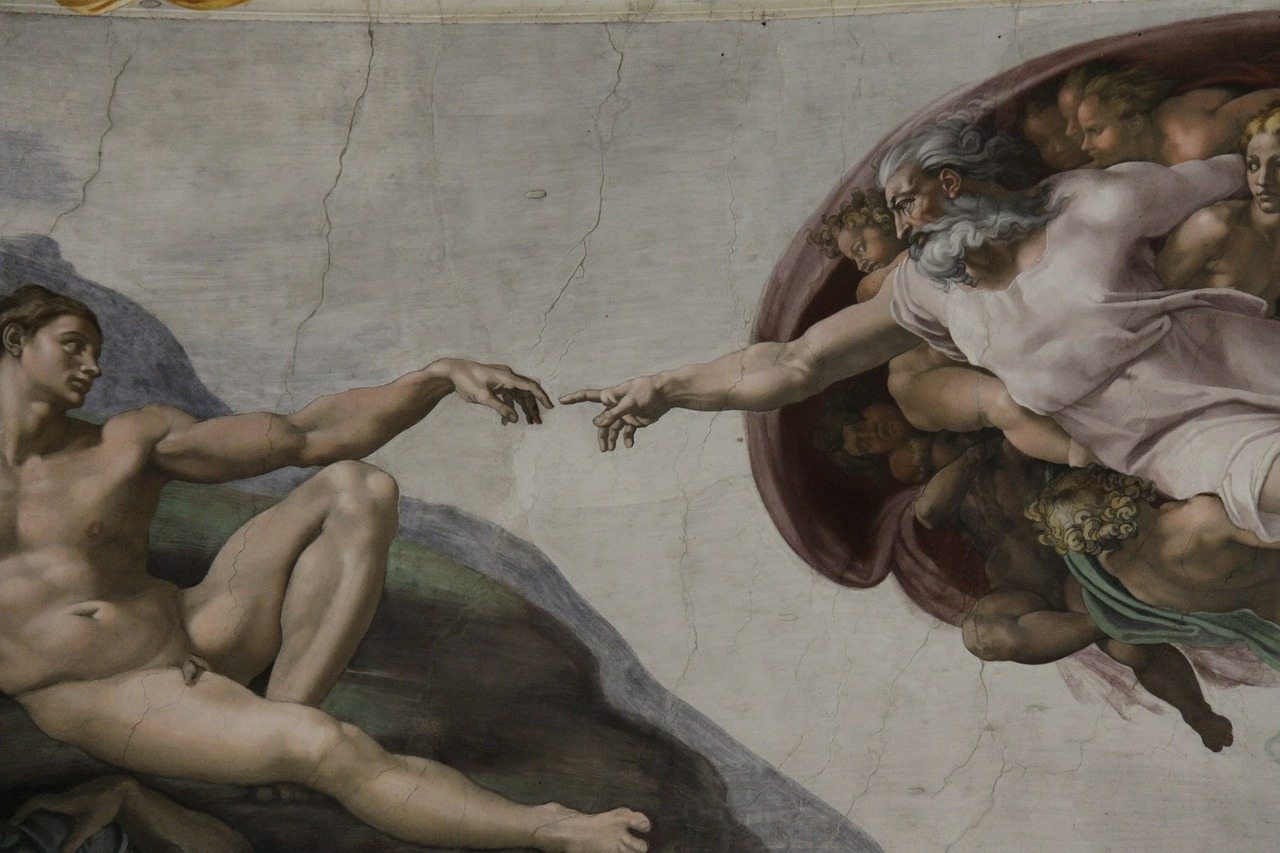
High Ground: Gaining a Broader Perspective
Directed by Stephen Johnson,?High Ground?follows Travis (Simon Baker), a policeman in northern Australia tasked with supporting a local missionary amongst the Indigenous peoples. Once a sniper in WWI, Travis is meant to maintain control of the operation from above with his bird?s-eye view of the situation. Then, when the operation results in a massacre of…

